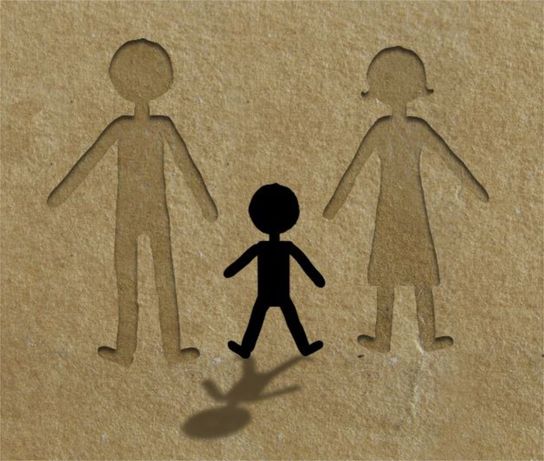As Elizabeth Gilbert famously said, "We must take care of our families, wherever we find them." But what happens if we can't find them? What if we're missing a vital part of our family and we don't feel whole as a result?
One of my favourite middle grade books of recent years is Sophie Anderson's 'The House With Chicken Legs' - a poignant story about Marinka, a young girl living in a magical house with her grandmother, who is a spirit guide between this world and the next. Marinka's house has chicken legs and keeps moving around, meaning that she never stays in a single place for long enough to develop roots or to make friends. She yearns for the life of other children of her age, whom she sees roaming the streets and fields, but she also wants to understand her past, and to find out more about her own parents. Marinka doesn't remember them - the only information that she has about them comes from her Baba's stories.
It is this very moving desire to search for missing parents, which permeates the narratives of a number of amazing children's books. An old favourite of mine is Jaqueline Wilson's 'The Illustrated Mum', in which the heroine, Dolly, searches for her dad, after her mother gets admitted to hospital. He is the polar opposite of her exciting mum Marigold - steady, reliable and maybe a tiny bit boring. But he is exactly the parent that Dolly needs and she is understandably overwhelmed by her search for him.
In Tania Unsworth's brilliant 'The Girl Who Thought her Mother Was a Mermaid', the heroine Stella is also looking for her mum, who died when she was younger and with whom she's always felt a strong bond. She is under the distinct impression that her mum could have been a mermaid, and she makes it her mission to find out the story of her life and past. The search that ensues leads Stella to some unexpected and wonderful discoveries.
All three stories are beautifully told and ultimately uplifting, but I think what is perhaps most important is that they don't all have a happy resolution, or at least not 'happy' in the way that we might expect. Modern families come in a multitude of shapes and it's characters like Marinka, Dolly and Stella that make many young readers feel that they are not unusual and not alone. This, I think, is one of the greatest gifts that an author can give.

